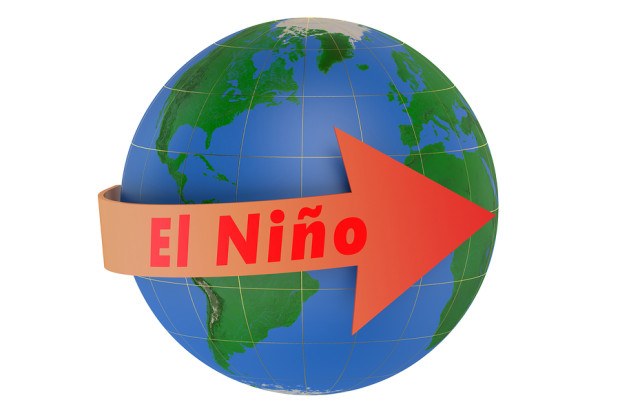There is a more than 95 percent chance that the El Niño weather pattern will continue through the Northern Hemisphere winter from January to March 2024, a U.S. government forecaster said on Thursday, bringing more extreme conditions.
“In August, sea surface temperatures were above average across the equatorial Pacific ocean, with strengthening in the central and east-central Pacific,” the Climate Prediction Center (CPC) said.
El Niño is a warming of ocean surface temperatures in the eastern and central Pacific and can provoke extreme weather phenomena from wildfires to tropical cyclones and prolonged droughts.
The naturally occurring phenomenon is already spurring calamities across the globe, with the stakes seen higher for emerging markets more exposed to swings in food and energy prices.
“As El Niño strengthens to strong status, there is a good likelihood it will have an impact on the upcoming growing season for the southern hemisphere crop production areas,” said Chris Hyde, a meteorologist at space-tech company Maxar.
“This includes crops in South Africa, Southeast Asia, Australia and Brazil where the weather is typically drier and warmer than normal.”
On Tuesday, Australia’s weather bureau said that El Niño indicators had strengthened and the weather event would likely develop between September and November, bringing hotter and drier conditions to Australia.
“Despite nearly the same ensemble mean amplitude as last month, the shorter forecast horizon means that the odds of at least a ‘strong’ El Niño have increased to 71 percent,” CPC said.
The World Meteorological Organization in July warned that temperatures are expected to soar further across large parts of the world after El Niño emerged in the tropical Pacific for the first time in seven years.
El Nino also threatened global rice supplies, amid a ban on shipments of a crucial variety of the staple from top exporter India, as well as other commodities such as coffee, palm oil, sugar, wheat and chocolate from southeast Asia, Australia and Africa.
(Reporting by Brijesh Patel, Seher Dareen and Rahul Paswan in Bengaluru; Editing by Sharon Singleton)





















 Nearly 26.2M Workers Are Expected to Miss Work on Super Bowl Monday
Nearly 26.2M Workers Are Expected to Miss Work on Super Bowl Monday  Earnings Wrap: With AI-First Mindset, ‘Sky Is the Limit’ at The Hartford
Earnings Wrap: With AI-First Mindset, ‘Sky Is the Limit’ at The Hartford  Berkshire-owned Utility Urges Oregon Appeals Court to Limit Wildfire Damages
Berkshire-owned Utility Urges Oregon Appeals Court to Limit Wildfire Damages  Preparing for an AI Native Future
Preparing for an AI Native Future 